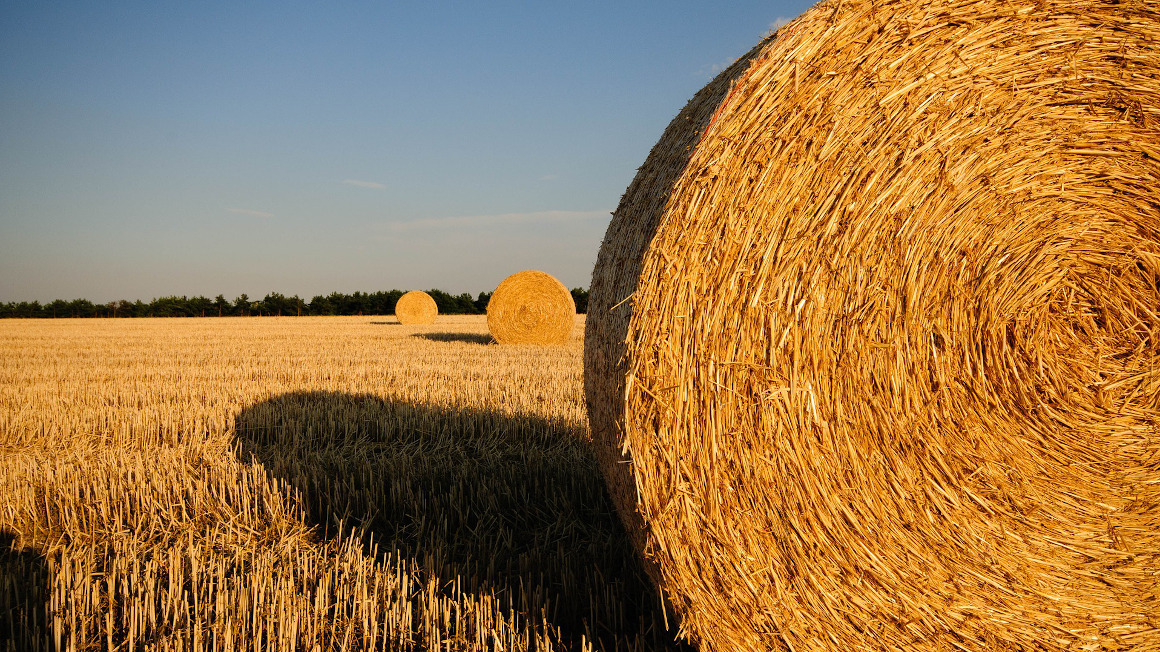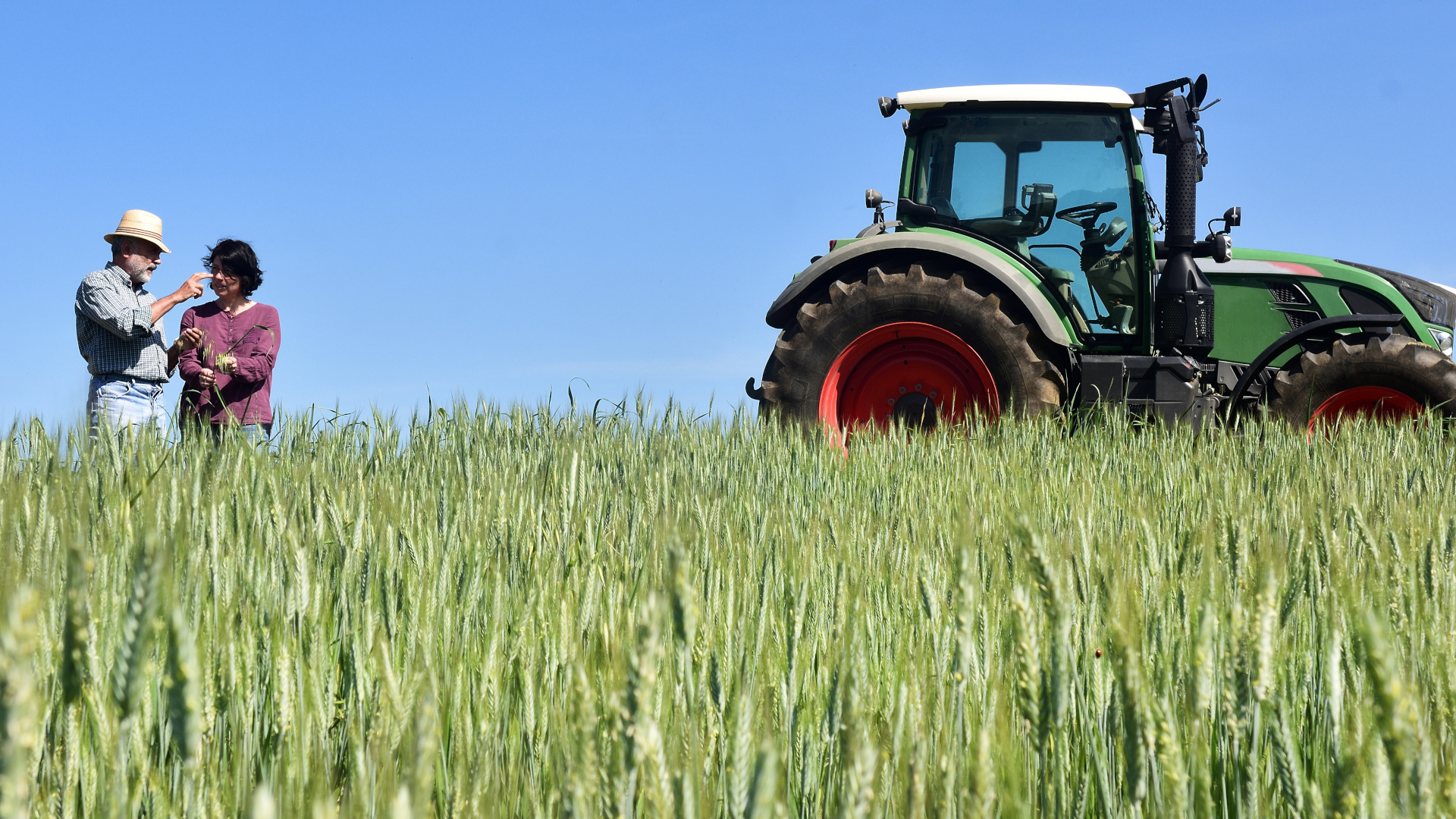DBFZ portal on biomass resources expanded
The resource database of the German Biomass Research Center now provides a complete overview of all biogenic residual and waste materials available in Germany and the EU.

Whether waste paper, cereal straw, food waste or sewage sludge: the use of residual and waste materials to manufacture new bio-based products is a cornerstone of the bioeconomy strategy and a precursor to a sustainable and resource-conserving economy. But which biomasses are available, which can be used for material or energy purposes and in what quantities are they available? Answers can be found in the resource database of the German Biomass Research Center (DBFZ). Researchers at the DBFZ have now revised the online platform. All available data is now freely accessible.
Identifying biomass potential and its development more easily
The new version now offers a complete overview of the biomass potential currently available in Germany and the EU. The navigation structure has been improved to make it easier to identify the top biomasses in Germany. Time series in turn provide detailed information on selected input materials for energy and material use. And with the help of a biomass potential atlas, developments and potentials of individual biomasses throughout the EU can now be traced back to the year 2010. In addition, the data results can be displayed both graphically and in tabular form and integrated into external web applications via a digital interface (API).
Efficient use of available resources
"The DBFZ resource database is the result of lengthy deliberations on how we can bring together findings from various research projects in a meaningful way. Our aim with the portal is to provide a long-lasting and scientifically sound information tool. The aim is to support researchers, policymakers and companies in using available resources efficiently," explains Jasmin Kalcher, co-developer at the DBFZ.
Background paper on determining biomass potential
The DBFZ resource database has been freely available to interested parties from research, politics and industry for research purposes since 2019. It currently includes 77 biogenic residues, by-products and waste available in Germany. In addition to revising the online platform, the DBFZ has also published a background paper entitled "Biomass potentials of waste and residues" (click here for the German publication). In it, the researchers provide an overview of the methodology used to determine the biomass potential of waste and residues in Germany.
bb


